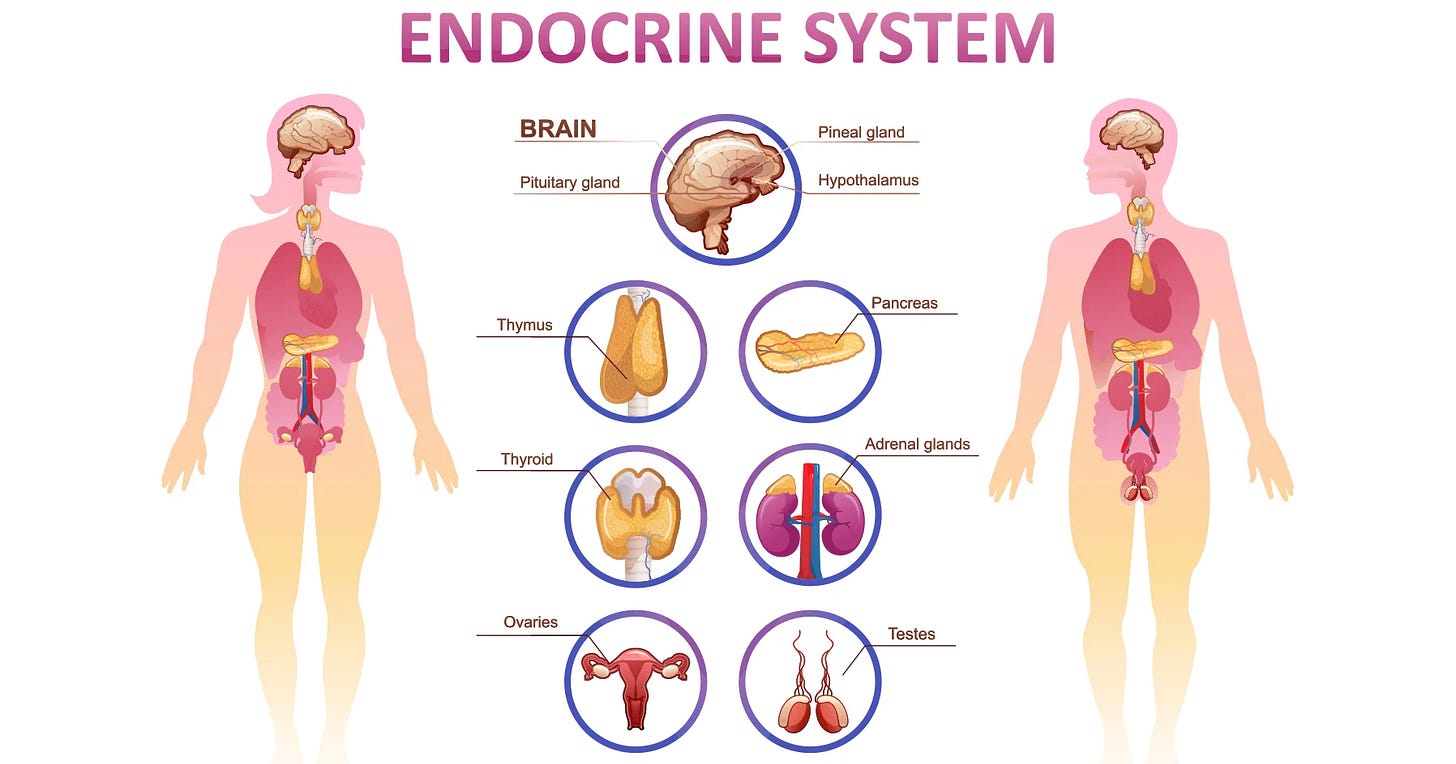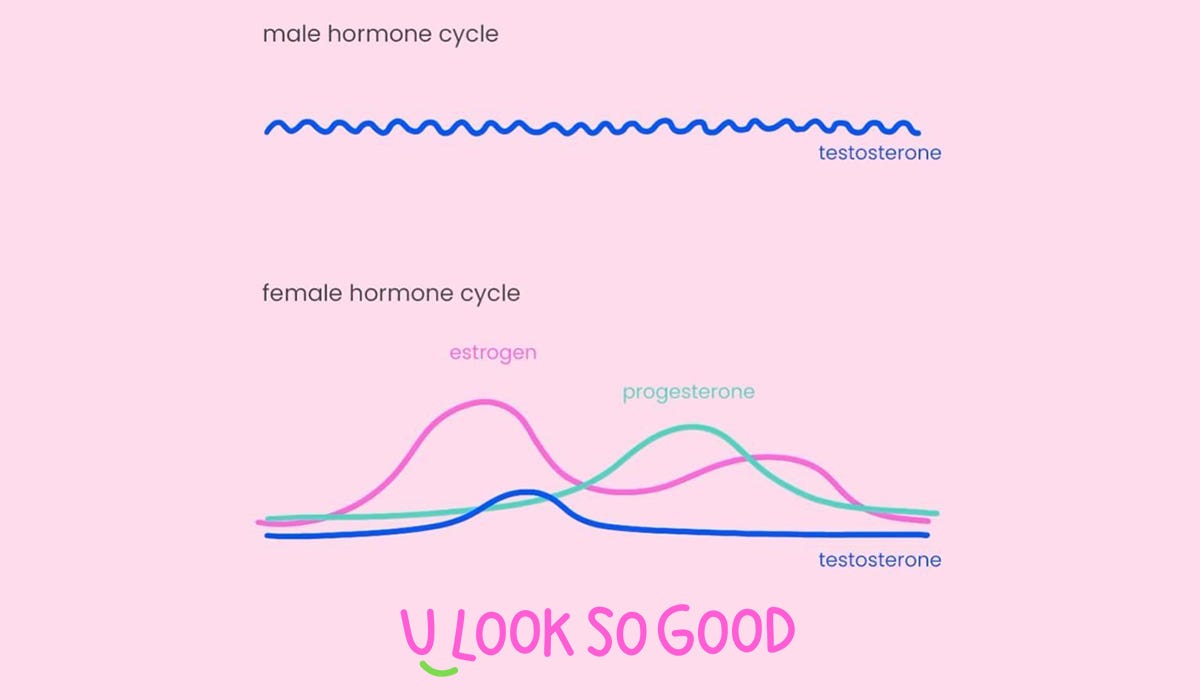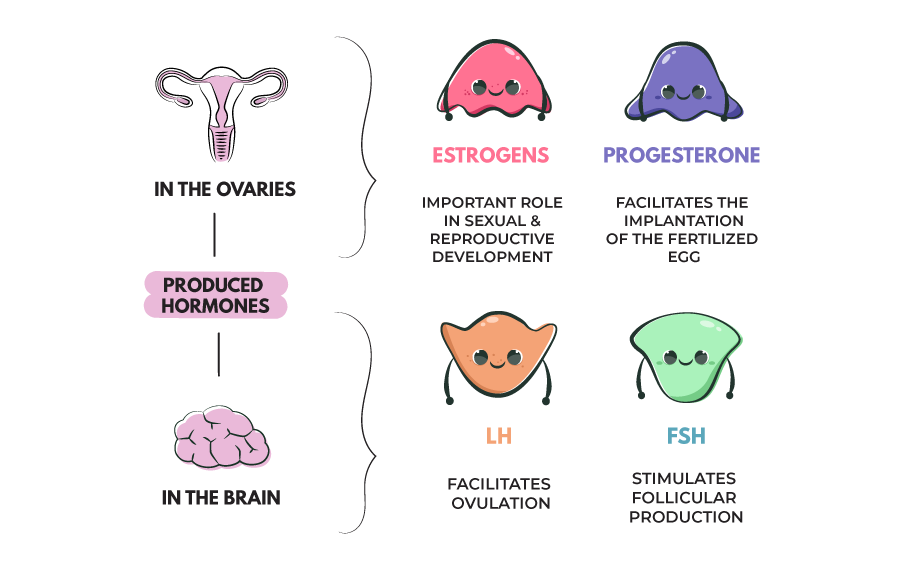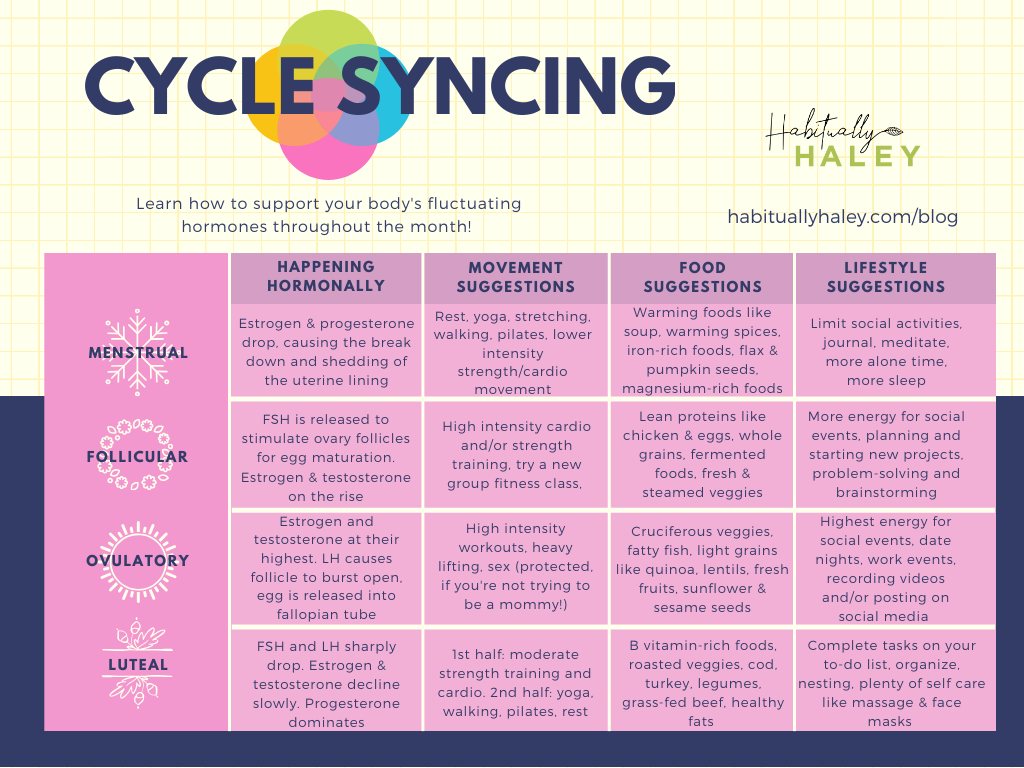Hormonal Much???
How an imbalance of our body's chemical messengers can affect both our mental and physical vitality.
In last Sunday’s newsletter, we analyzed the relationship between our minds and bodies and how reciprocal it can be. When the brain doesn’t function properly the body will suffer the consequences, and an important area we see this play out is through hormonal imbalances.
What Are Hormones?
Hormones are chemical messengers secreted by our endocrine glands. They influence many aspects of our body’s functioning, including metabolism, growth, sexual health, and reproductive system functioning. HormoneHealth.co.uk
Hormones are secreted by the pituitary, pineal, thyroid, and adrenal glands as well as the thymus, pancreas, ovaries, and testes. According to the Cleveland Clinic, scientists have so far identified over 50 hormones in the human body that control different bodily processes including:
Homeostasis (constant internal balance)
Growth and development
Sexual function
Reproduction
Circadian-Rhythm
Mood
MEN VS WOMEN: 24 hours or 28 days?
Male hormones follow a 24-hour cycle. In the morning, high testosterone and cortisol levels provide energy and focus. Throughout the day, testosterone levels decrease, making men more social. By evening, low testosterone levels leave men susceptible to their estrogen, making them seek ways to relax before sleeping and replenishing their testosterone levels for the next day.
Sounds oddly like… a typical day in human life right? That’s because, in our patriarchal society, our normal workdays and social lives are structured around hormone-related research primarily focused on men. This has resulted in generations of women not understanding how to cater to their bodies, including the 28-day hormonal cycle. As a result, we generally struggle to function at our best. That is where cycle syncing comes into play which I’ll discuss later in this post.
Source: In the Flo by Alisa Vitti
The Main Hormones
Here are some of the few main hormones impacting our bodies that you’ve probably heard about:
1. Serotonin Serotonin is a neurotransmitter that helps regulate your mood and behavior. It’s also responsible for memory functioning. 2. Dopamine The neurotransmitter, as well as dopamine receptors throughout the body, plays an important role in our moods and emotions. Additionally, dopamine is involved in the reward system in our brains. 3. Cortisol Cortisol is a steroid hormone that controls stress in the body. Specifically, it’s involved in our body's stress response and putting our “fight or flight” system into gear, including the bodily reactions (increased heart rate, rapid breathing) that occur when it’s triggered. 4. Insulin Produced by the pancreas, it is considered to be the main anabolic hormone of the body. Allows for sugar (glucose) to be used as energy for the body. 5. Thyroid Hormone Secreted by your thyroid gland, a butterfly-shaped gland in your neck, these hormones influence metabolism, heart, lungs, and muscles. 6. Sex Hormones These hormones greatly affect mood, emotions, and sexual feelings. The main sex hormones for women are estrogen and progesterone, which fluctuate and change throughout the menstrual cycle, during pregnancy, and later in life, when menopause occurs. Testosterone is the main male hormone.
Sources: VeryWellMind
Hormonal Imbalances and Their Effects
My mother always assumed a hormonal imbalance played a significant role in my overall health growing up. I have a history of migraines, ovarian cysts, excruciating periods, and these strange dizzy spells that happen at really random moments. I was put on birth control in middle school to help stabilize my hormones, but they can also be affected by certain medical conditions or unhealthy lifestyle choices. It’s important to get any symptoms checked out by a qualified health professional to receive proper treatment.
A hormonal imbalance is where you have too much or too little of a certain hormone in your body. It’s a broad term as our hormones fluctuate naturally at various stages in our lives, most noticeably during puberty and in women specifically, during our menstrual cycles, pregnancy, and menopause. However, there are several other reasons you might find an unexpected hormonal imbalance such as stress, certain medications, and temporary or chronic conditions that impact your quality of life and may require treatment.
Possible Symptoms and Conditions:
Acne: common during pregnancy, menopause, and for people taking testosterone therapy.
Cushing’s syndrome: This is a rare condition that happens when your body has too much cortisol. It results in rapid weight gain in your face (sometimes called “moon face”), belly, back of your neck (sometimes called “buffalo hump”) and chest.
Fatigue
Constipation or diarrhea
Weight gain or loss: Many hormones signal when you need to eat and how your body uses energy from food, so an imbalance can result in unexpected fat storage and weight gain or a loss of appetite and weight loss. Ex) cortisol and thyroid issues can contribute to either.
Slow or rapid heartbeat (tachycardia)
Irregular menstruation(periods): Specific hormone-related conditions that cause irregular periods include polycystic ovary syndrome (PCOS) and amenorrhea (missing one or more periods).
Being unable to tolerate cold temperatures or warm temperatures
Infertility: hormonal imbalances are the leading causes; specific hormone-related conditions that cause infertility include low testosterone levels, and conditions such as PCOS and anovulation (don’t ovulate or release an egg during menstruation).
Thyroid disease: Hyperthyroidism (high thyroid levels) and Hypothyroidism (low thyroid levels) both have multiple possible causes and require treatment.
Diabetes: In the U.S. this is the most common endocrine (hormone-related) condition. Either your pancreas doesn’t make enough or any of the hormone insulin or your body doesn’t use it properly. Diabetes requires treatment.
Extreme thirst and frequent urination
Sources: Cleveland Clinic
Cycle Syncing for Women!
Ladies, this is not spin class and it goes deeper than syncing up cycles with your sisters and best friends. Cycle syncing is a term coined by functional nutritionist Alisa Vitti. It’s a method of adjusting your lifestyle habits and activities to support the ups and downs of your hormones according to the Banner Health blog. “It involves several key areas: diet, exercise, work tasks, social interaction, and self-care,” said Jennifer Hofmeister, an OBGYN physician assistant with Banner Health.
I began my deep dive into cycle syncing when I changed my birth control method from the pill to the Nexplanon arm implant back in July of 2023. I can’t explain enough how big of a relief it is to not have to remember to take that tiny pill every day😂; if y’all have questions about my experience with the switch so far let me know and I can answer them!
Back to the story, I started reading the book In the FLO by Alisa Vitti, “a biohacking program” to teach women how to optimize our during our natural 28-day menstrual cycle and its 4 phases. Alisa did a fantastic job explaining the roles of our female sex hormones, as well as the signs that show us when there might be an imbalance.
With cycle syncing comes a deeper understanding of your body, improved well-being, and a boost in energy! If you’d like to start this process I suggest first becoming familiar with the phases of the menstrual cycle to understand how to track your own. The downside is if your period isn’t regular, you take birth control, or you don’t have a strictly 28-day cycle, tracking can be a little bit more tricky.
Phases of the Menstrual Cycle
Menstruation (Days 1-7) The Internal Winter
This phase is when you’re on your period. Your uterus is shedding its lining because a pregnancy did not occur.
Follicular phase (Days 8-13) The Internal Spring
After your period ends, you enter the follicular phase. Where FSH is released, stimulating new follicles in your ovaries to grow.
Ovulation (Days 14-15) The Internal Summer
Around day 14 and 15 of your cycle, something exciting happens – your ovaries release an egg. This is when you might feel a surge in energy, and your mood could be on the upswing.
Luteal phase (Days 15-28) The Internal Fall
This is when you may experience premenstrual symptoms (PMS) like mood swings, bloating, food cravings, and breast tenderness.
To track your cycle, you can use a regular calendar for this or a tracker app on your phone. It’s best to start by noting day 1 (the first day you bleed) and recording how long it lasts. Continuing the process from them and comparing how you feel physically, mentally, and emotionally can give you a general range of where you are in your cycle compared to the “normal” schedule. I like to add these notes to my daily journals when I remember, so I can reflect on any patterns in my mood, behavior, or activity at each stage of my cycle.
It’s also important to note this is not a contraceptive method, and should not be used as a sole method of birth control, especially if your cycle is irregular.
So ladies, if you’re interested in learning more about how better to sync your life with your cycle, or gentlemen if you’re looking to educate yourselves on how to better support the women around you, I HIGHLY suggest buying the In the Flo book here! Alisa also provides insight into sex and relationships, motherhood, and success at work as well as adding in some recipes, meal plan examples, and further resources and guides!
Sources: In the Flo, Habitually Haley, and Banner Health
Takeaways
While hormonal imbalances can seem intimidating and scary, they are also very normal as our bodies are constantly changing and impacted by our lifestyle choices and environments. Remember to eat a balanced and healthy diet, get enough quality sleep, manage any chronic health conditions and stress, and exercise regularly to help keep your hormones balanced.
If you suspect your hormones are impacting your mental health, it’s best to visit a qualified healthcare provider to get a diagnosis and discuss treatment options. This may be your primary care provider, your OB-GYN, or a psychiatrist. An endocrinologist is the recommended physician to see when you are dealing with a potential hormone issue. Healthcare providers typically order blood tests to check hormone levels since your endocrine glands release hormones directly into your bloodstream. Your provider will also ask you about your medical history and symptoms and perform a physical exam.






